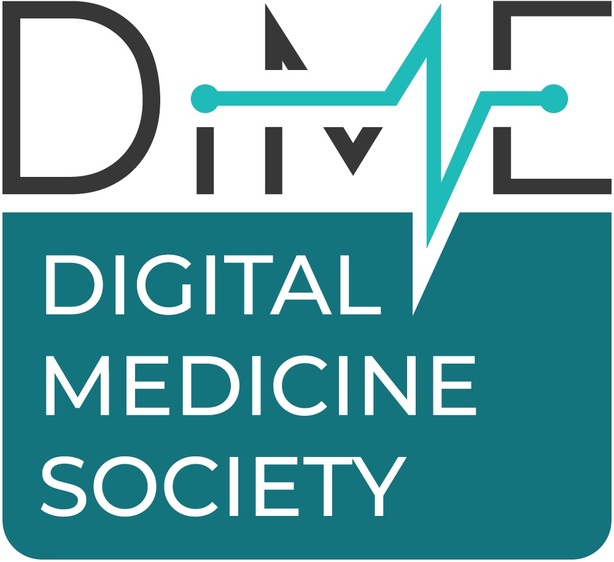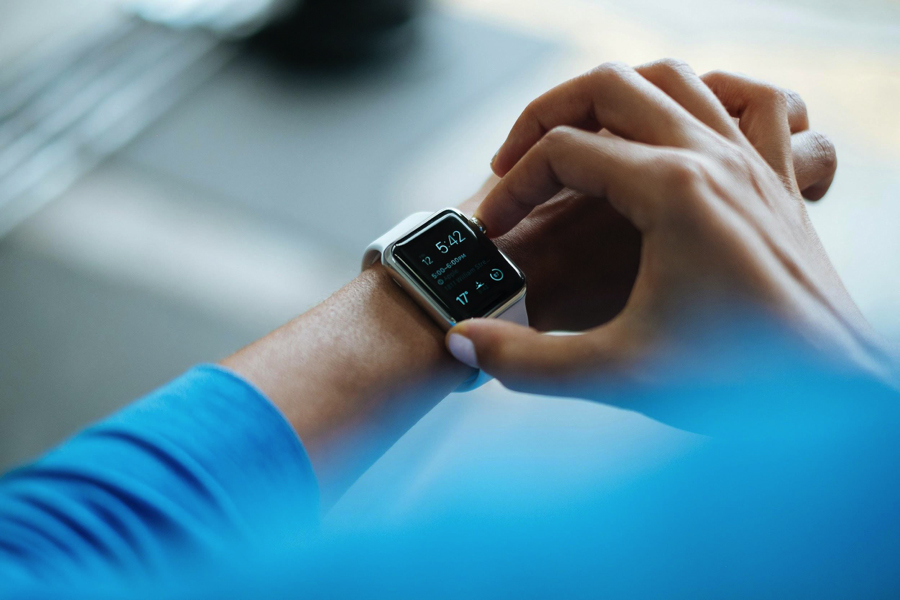

Up until now, the lack of interoperable health-at-home devices has inhibited health technology integration into the home for use in wellness, prevention, managing chronic conditions, and clinical trials.

Up until now, the lack of interoperable health-at-home devices has inhibited health technology integration into the home for use in wellness, prevention, managing chronic conditions, and clinical trials.

Continuous glucose monitoring (CGM) technology is rapidly expanding beyond Type 1 diabetes to reach a wider demographic, including Type 2 diabetics and wellness users. How manufacturers advancing CGM technology to address these diverse needs, focusing on ease of use, device reliability, and adherence strategies? By prioritizing these areas, manufacturers can empower a growing user base to manage their health more effectively and independently.

Wearables such as smart watches or sensor rings are already a routine part of everyday life and are also popular Christmas gifts. They track our pulse rate, count our steps or analyze our sleep patterns. How can they already influence our behavior today and what future developments are possible?

The integration of technology and connectivity into healthcare is not only improving patient outcomes but also reshaping the way care is delivered.

AI and real-time data enhance care efficiency and access. And with healthcare workers in short supply, the rapid advancements in AI, IoMT, and related innovation offer patient access freedom, enhanced care delivery, and better outcomes.

Congress must decide the future of the Acute Hospital Care at Home (AHCAH) program, an initiative of the Centers for Medicare & Medicaid Services (CMS) that, without legislative action, will expire on December 31, 2024. To ensure beneficiaries can receive various levels of care in their preferred settings, this brief provides immediate–term federal policy reform recommendations for the potential reauthorization of the AHCAH model while outlining key issues for policymakers to consider when further research and data emerge.

This blog explores the transformative potential of AI assistants in healthcare management and delves into the benefits for providers, medical assistants, and obviously, patients.

San Diego-based medical tech company, Cue Health, announced Monday that it is laying off its entire staff. Similar industry reports indicate a complete shuttering of operations.

Patient adherence is critical to maximizing the benefits of medical wearables. In this article, we look at the key challenges to patient adherence in clinical trials and healthcare settings, and how device developers, researchers and providers can collaborate to harness the full benefits of wearables.

While billion-dollar deals are common in the medtech industry, multi-billion-dollar megadeal acquisitions were still notable in 2022. Often, these deals result in a ripple effect on the industry when two large companies merge. Here we look at some recent examples, the growth drivers behind them and what they mean for the medtech industry.